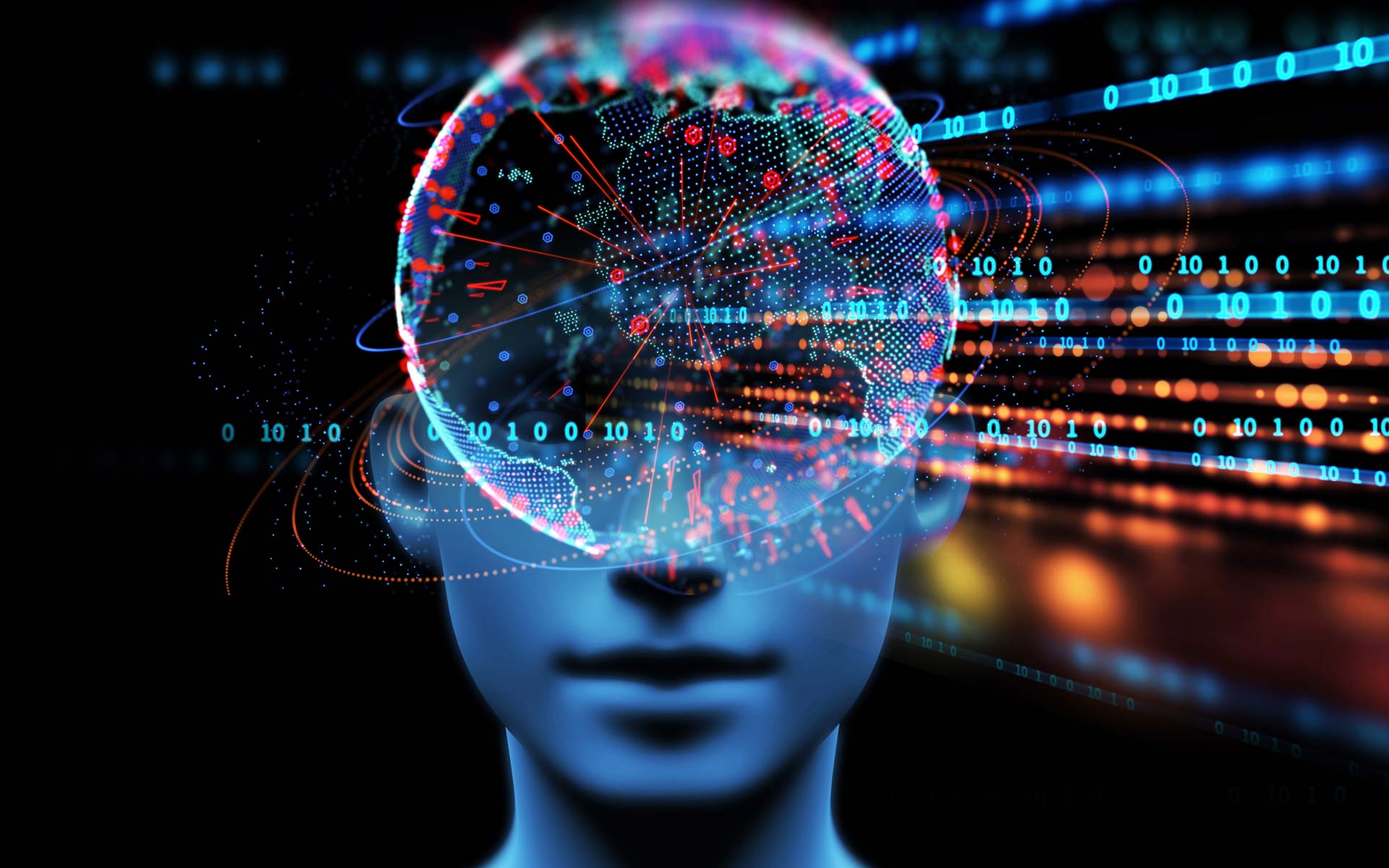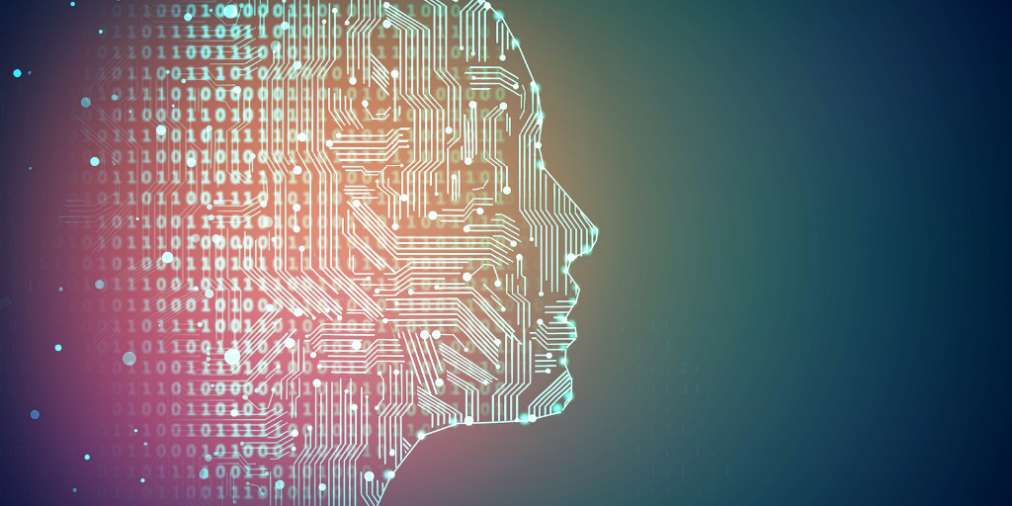Chinese tech giant Baidu has introduced a groundbreaking advancement in artificial intelligence through a new “self-reasoning” framework. This innovation aims to enhance the reliability and trustworthiness of AI systems, particularly large language models (LLMs), by allowing them to critically assess their own knowledge and decision-making processes.
The new approach, detailed in a recent arXiv paper, seeks to address the challenge of ensuring factual accuracy in AI outputs, a problem often compounded by the phenomenon known as “hallucination,” where models generate convincing but incorrect information.
The self-reasoning framework developed by Baidu focuses on improving retrieval augmented language models (RALMs) by incorporating a multi-step reasoning process. This involves three key components: a relevance-aware process for assessing the relevance of information, an evidence-aware selective process for choosing and citing pertinent documents, and a trajectory analysis process for evaluating the reasoning path.

By enabling AI systems to evaluate their own reasoning trajectories, this approach moves beyond mere information retrieval to facilitate a deeper understanding and contextualization of data.
This new development represents a significant shift in AI, transforming models from simple predictive tools into more advanced reasoning systems. The ability to self-reason promises not only greater accuracy in AI outputs but also enhanced transparency in decision-making processes.
This advancement is crucial for building trust in AI systems, as it allows for clearer justification of their responses and actions, addressing one of the major criticisms of current AI technologies.
Baidu’s self-reasoning AI has demonstrated impressive results in evaluations across various question-answering and fact-verification datasets. Notably, it achieved performance comparable to GPT-4, a leading AI system, while using a fraction of the training data.
This efficiency suggests that the new approach could significantly reduce the resources needed for training sophisticated AI models, potentially democratizing access to advanced AI technology and fostering innovation among smaller research institutions and companies.
Despite these advancements, it is important to maintain a balanced perspective on AI’s capabilities. While Baidu’s framework represents a substantial improvement in AI reliability and explainability, AI systems remain fundamentally pattern recognition tools with limitations in nuanced understanding and contextual awareness. As such, even with these innovations, AI systems are not yet capable of true comprehension or consciousness.
Looking forward, Baidu’s self-reasoning framework highlights the growing importance of trust and accountability in AI systems, particularly in critical decision-making contexts such as finance and healthcare.
As AI continues to evolve, addressing the challenges of reliability, transparency, and ethical governance will be essential. Baidu’s breakthrough underscores the rapid progress in AI technology and emphasizes the need to balance advancements with considerations for responsible AI development and deployment.







Leave a Reply